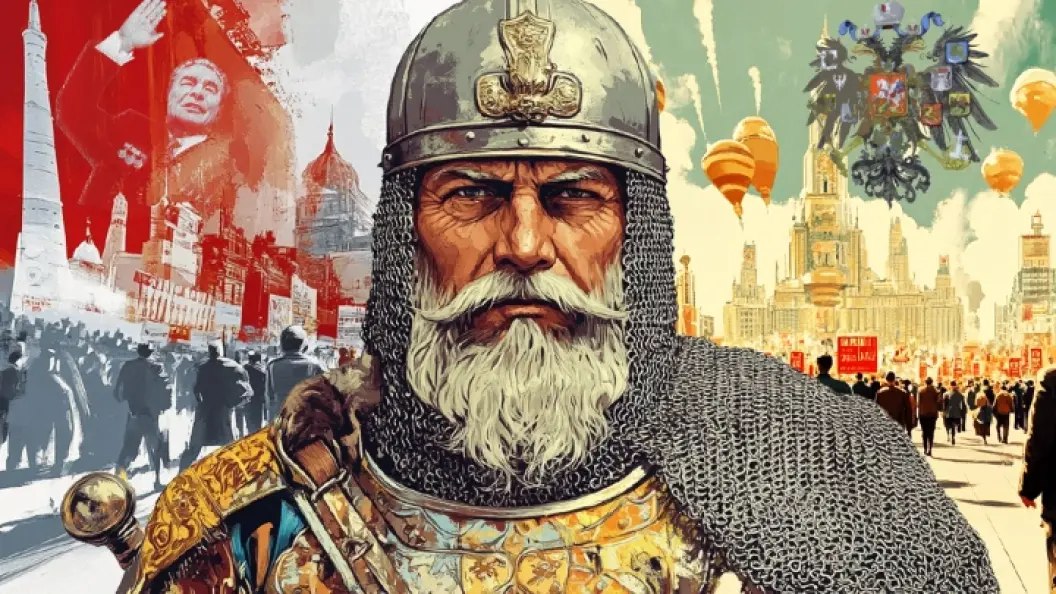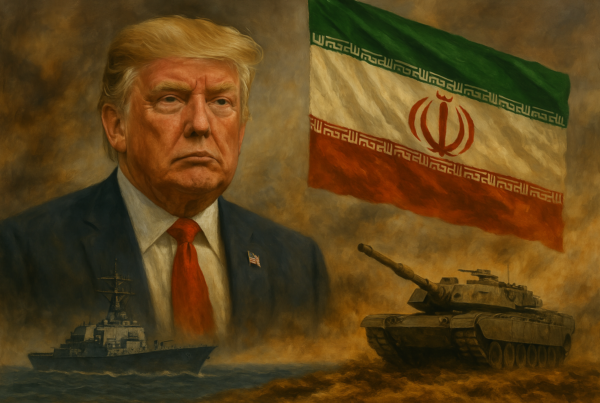The nervous anticipation of the end of the Special Military Operation (SMO) contains something unseemly, even depraved. Orientation toward victory is one thing. It is an effort, a sacrifice, a feat, mobilization. But it is not at all “let this be over already.” If we do not wake up, it will not end. But what is needed for the sleeping part of society to awaken? I believe there are both natural and artificial causes.
The natural causes lie in the fact that our people have been living in a state of “slumber” for almost a hundred years, perhaps much longer. They have had to adapt to various ideologies whose meaning they do not fully understand, to various regimes that rarely, if ever, reflect their will and interests. As a result, they pay the price for this lack of attention from the authorities towards them. They pay with alienation from ideas and projects.
There exists a very complex and painful — often tragic — relationship between the people and the State. And although for the people, the State as an ideal is the highest value, which is why they accept many compromises despite seeing the State’s imperfections — its social system, its administrative apparatus — this discrepancy inevitably plunges them into melancholy, into depression.
The Russian people have a very complicated relationship with the Russian State. On the one hand, they recognize and revere it as an idea, considering it a supreme spiritual value (the sacralization of the State). On the other hand, after a long period of alienation, during which the ruling ideology did not place the people at the center of attention, the people have come to pay for this with a quiet depression and sabotage. When those in power speak, the people nod — but in reality, they do not take it to heart.
Thus, this state of half-sleep, of alienation, has become a habit for our people. And only war — especially a holy war, like the one now taking place in Ukraine — usually mobilizes and awakens the people. The people begin to come to their senses, to recognize themselves as a subject of history, and to act. They themselves begin to demand the kind of statehood in which they believe and which they defend, paying for it with blood. This was the case during the Time of Troubles in the early 17th century, during the Patriotic War of 1812, and during the Great Patriotic War.
However, the longstanding habit of seeing the authorities as indifferent to the people — using them merely for pragmatic purposes — cools the people’s enthusiasm and delays their awakening. This is a very delicate issue because the fact remains: there are still many people in our elite with liberal views, entirely oriented toward globalism, who simply despise, fear, and hate the Russian people. And I have repeatedly encountered this in recent times through the suppression of even the most natural and timely patriotic initiatives.
That is, today, at the heights of power, there are those who fear the awakening of the Russian people more than anything else in the world. Therefore, they strive either to create simulacra of patriotism or to suppress this awakening altogether, so that the Russian people do not realize themselves as the creators of their own history. Yes, the Russophobia that has reigned for the past thirty years has slightly retreated since the start of the SMO, but it has not disappeared. Because in the upper echelons of power, there are those who are interested in keeping the Russian people in an even deeper and more irreversible heroic slumber.
By the way, in Russian fairy tales, the concept of the “heroic slumber” that we often refer to is a form of dark magic — a spell cast upon the hero by forces of evil, dark entities, just as he is about to accomplish his great feat. At the very moment when he must save someone, he is seized by a terrible sleep: he understands nothing, he cannot resist it, and he falls into slumber. And only, for example, the tear of a fairy-tale maiden can awaken him.
So it is now: only the tear of a Russian woman can awaken the Russian hero — and, therefore, the entire Russian people.
The Russian people must rise, because if this awakening does not happen now, then everything is at risk — both the State and the people themselves. We must awaken; we must change the dominant trends of degeneration and decline, in which we have lived for decades, into trends of ascent, awakening, revival, resurrection. But this is precisely what certain forces in power desperately do not want and fear the most.
(Translated from the Russian)








Good luck.